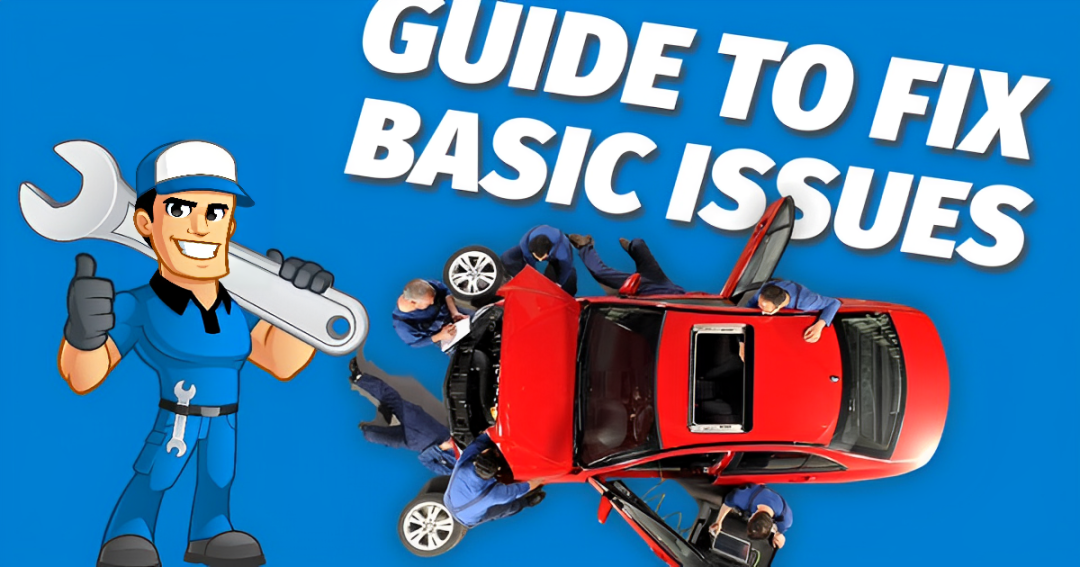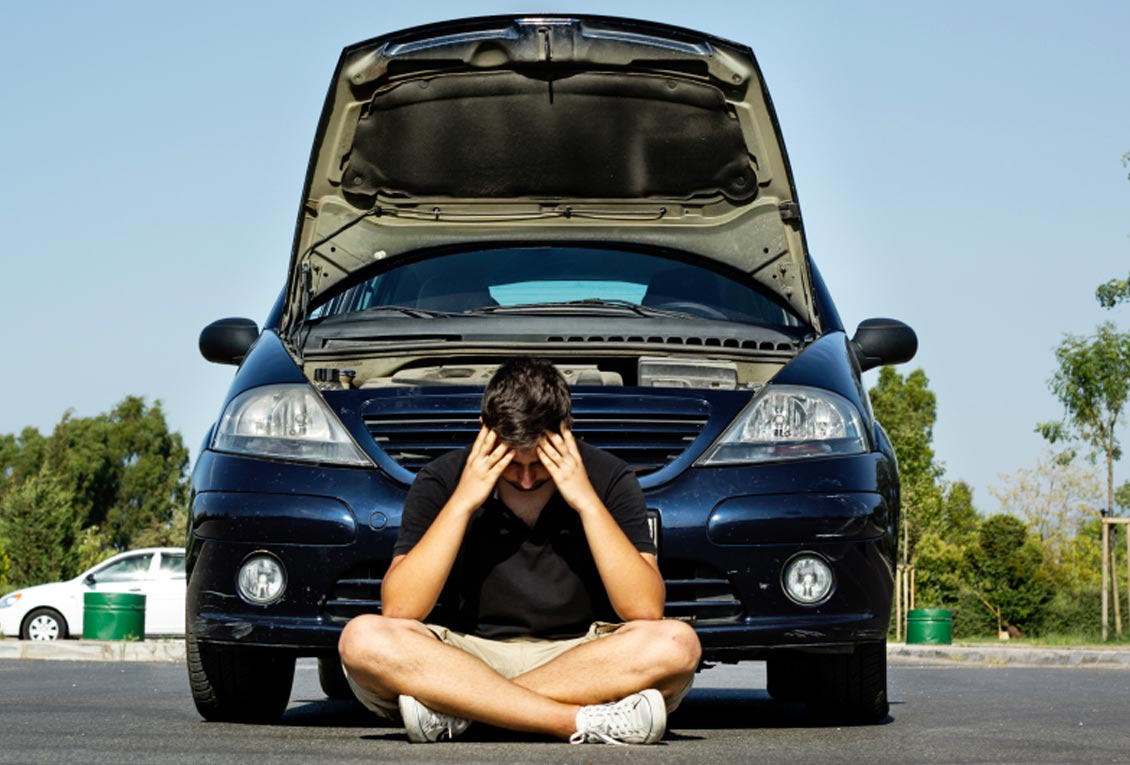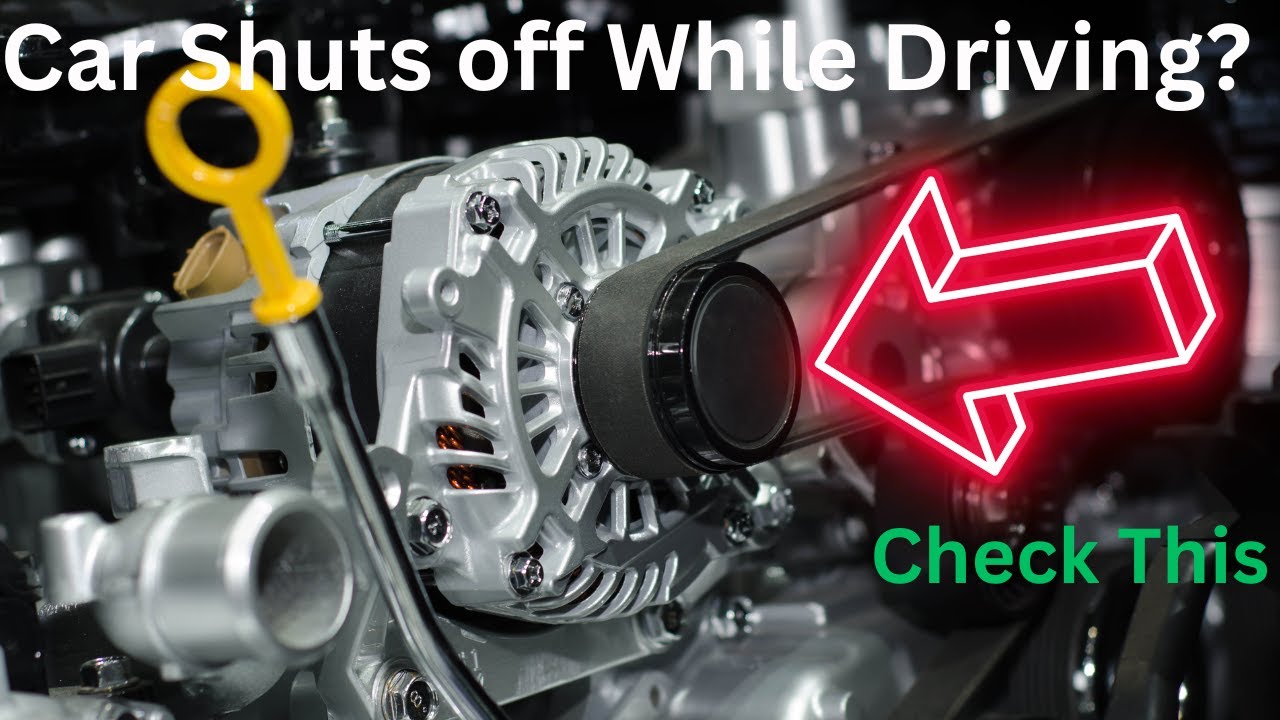As they get ready for the day, many people make it a point to start the engine. You wouldn’t expect it to start so quickly with a high-quality battery. Still, starting the engine could seem like an insurmountable chore if the car battery won’t hold a charge.
Is this something you’ve encountered before? The battery is an essential part of cars since it provides the energy required to drive the vehicle. You can use it to power things like the car’s lighting system, radio, and keystarter.
What Causes Car Battery Won’t Hold Charge?
A fully charged battery is your sole option for getting your automobile started and going on that much-anticipated journey. Having your battery die in the middle of nowhere is definitely not something you want to happen.
Still, this terrible thing occurs, and there are a lot of causes for the car battery to not be able to retain a charge. In order to fix an uncharged battery, it is crucial to understand what causes it.
Knowing the ins and outs of the system seems crucial, though. To begin, the starter and main relay of the vehicle get their power from the battery. Then, the primary relay supplies electricity to the fuel pump and the vehicle’s computer.
Please be aware that the automobile battery is the sole source of electricity that the spark plugs can receive. These are used to crank the engine, which in turn turns the alternator, which generates energy to charge the battery.
A dead battery is a real possibility if the alternator can’t supply enough power to charge the battery for an extended period of time. Aside from things that could hinder the battery’s ability to charge, there are additional things that could drain its charge.
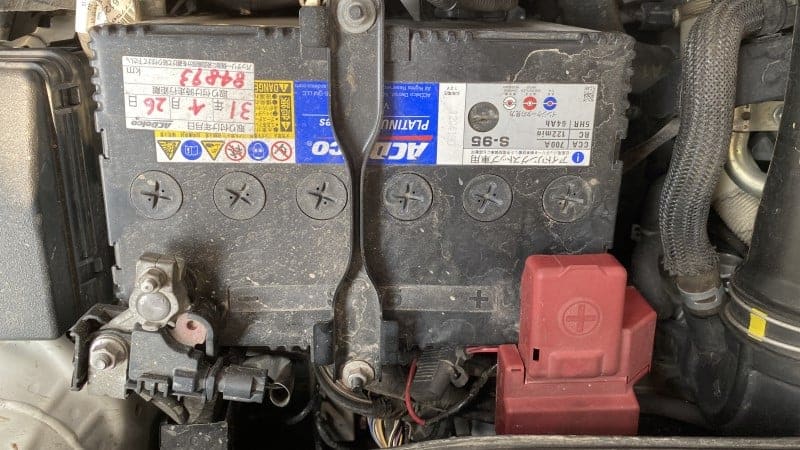
Old-Age Power Source
The battery provides the majority of the vehicle’s power and has a long runtime. Learning how long batteries last and when to replace them seems vital, though. The inability of an old car battery to charge, when jumped, is a telltale sign that the battery needs replacement.
Therefore, if you see the battery corroding, it’s time to get a new one. Find out if you’ll need a new battery for your vehicle before you start worrying about “how to revive a car battery that won’t charge.” A professional in vehicle maintenance can help you determine if the battery is too old or appears dead if you’re having trouble doing it on your own.
Incorrect Starter
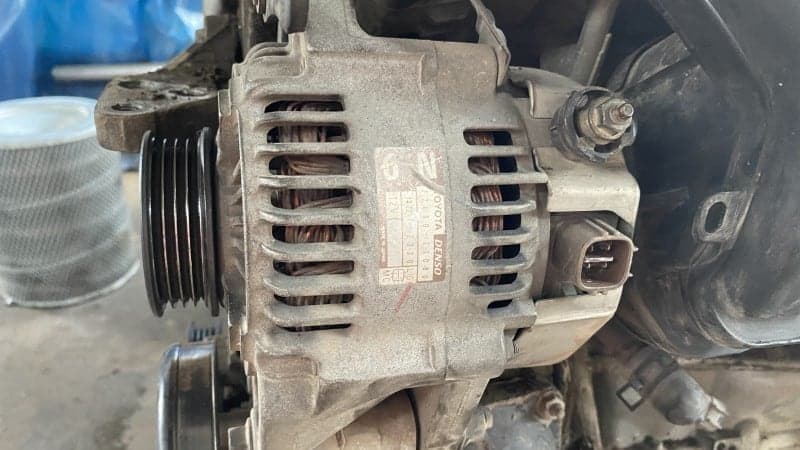
When the alternator in your vehicle breaks down, it’s highly likely that the battery won’t get charged while the engine is running. The risk of the battery dying and the expense of replacing it are both associated with this.
Therefore, fixing this problem before it causes more harm is of the utmost importance. While the vehicle is in motion, please check the headlights to determine if the beam is gradually fading. If so, check the alternator for damage and replace it if necessary.
Low water
Some car batteries have to fill holes that allow easy maintenance, where you add some water. If you have such, you may need to check the water level if the vehicle won’t start. You can top the water if it appears low to make the battery function well. Nevertheless, some modern car batteries do not have such features.
Conclusion
A car’s battery is responsible for supplying electricity to the vehicle and its many other parts. Because of this, the battery’s efficiency is important. However, for various reasons, the automobile battery is unable to retain a charge. But getting to the bottom of things and fixing them is still paramount.
The engine won’t start if you ignore these problems, which could lead to a dead battery. Therefore, you should investigate battery system and the reasons it isn’t receiving or holding a charge. Therefore, it would be beneficial to examine the battery system and the reasons behind the battery’s inability to receive or hold a charge.

